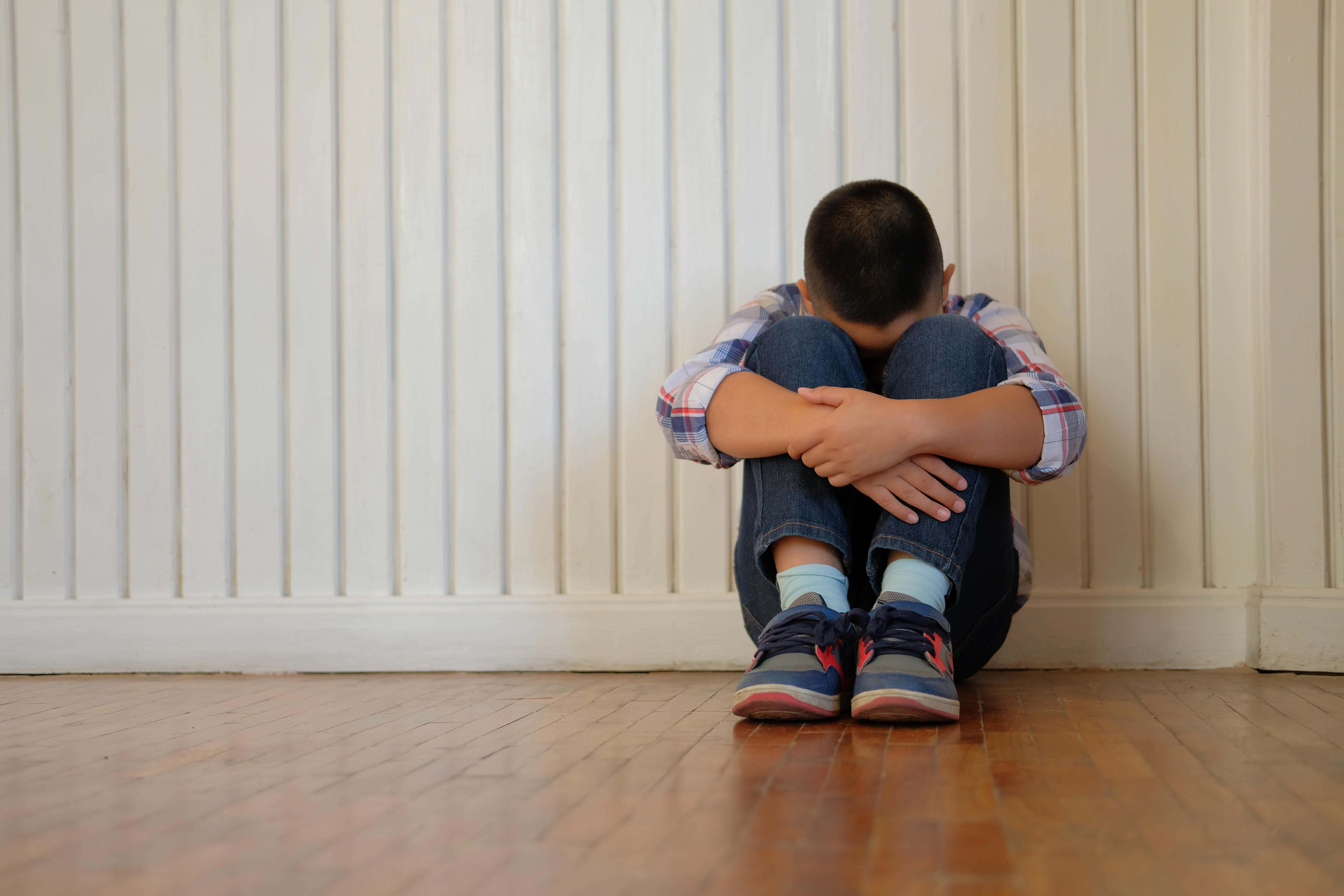Study finds a third of vulnerable children placed in settings far from home
Research highlighting the growing costs and impact on children of many social care placements should be a ‘turning point’, councils say.

Your support helps us to tell the story
From reproductive rights to climate change to Big Tech, The Independent is on the ground when the story is developing. Whether it's investigating the financials of Elon Musk's pro-Trump PAC or producing our latest documentary, 'The A Word', which shines a light on the American women fighting for reproductive rights, we know how important it is to parse out the facts from the messaging.
At such a critical moment in US history, we need reporters on the ground. Your donation allows us to keep sending journalists to speak to both sides of the story.
The Independent is trusted by Americans across the entire political spectrum. And unlike many other quality news outlets, we choose not to lock Americans out of our reporting and analysis with paywalls. We believe quality journalism should be available to everyone, paid for by those who can afford it.
Your support makes all the difference.A third of the most vulnerable children in the social care system have been placed long distances from their homes, schools and support networks, research has found.
The study identified that a combination of demand for local accommodation outstripping supply and limited foster care capacity led to 32% of looked-after children living in accommodation more than 20 miles from their communities in 2023.
This means 4,600 young people were affected in total, representing an 18% increase since 2019.
The research, released to coincide with the County Councils Network’s (CCN) annual conference, showed the number of children in care overall has risen by 7% since 2019.
But the number of young people placed in children’s homes and supported accommodation has nearly doubled over the period, with 4,500 more individuals living in these circumstances.
The growing costs have also had a major impact on councils’ finances, with resources increasingly focused on emergencies rather than prevention.
In addition, the study found that education and employment outcomes for children entering care have not improved as expenditure increased dramatically.
CCN said that because of a lack of available alternatives for young people other than children’s residential homes, alongside “dysfunction” in the care market, many children are placed in “the wrong type of care for their needs”.
The research identified that because of the limited supply of placements and councils facing a market often dominated by large private providers, the average cost of providing a placement for a child in care is now £300,000 a year.
The report forecasts that spending on supporting children in care will nearly double from £6.6 billion in 2023-24 to £12 billion by the end of the decade if the current situation continues.
In this scenario, the study estimated that at least 22,500 children will be living in dedicated accommodation, representing a record number and a doubling since 2019.
The biggest losers from the current system are young people themselves, with far too many children being placed many miles from home at a time when they are experiencing the trauma of being removed from their family
The Budget in October included an extra £600 million in council funding for social care next year, as well as £250 million to test new ways of working in children’s services.
The Treasury said this would pave the way for further reforms to children’s social care, which would include “promoting early intervention to help children to stay with their families where possible and fixing the broken care market”.
Roger Gough, Conservative leader of Kent County Council and CCN children’s services spokesperson, said the report should be a “turning point for children’s services in England”.
He said: “It finds a system broken, with councils in the false economy of increasingly paying astronomical sums for placements and less on preventative services.
“But the biggest losers from the current system are young people themselves, with far too many children being placed many miles from home at a time when they are experiencing the trauma of being removed from their family.
“If we carry on as we are currently almost 10,000 extra young people could end up in care by the end of the decade, at an enormous cost for both young people and local taxpayers. It will leave us locked in to a vicious circle of higher spend and poorer outcomes.
“The government’s commitment to reform is a step in the right direction, but change needs to come urgently and within 12 months of the Spending Review next year.
“The government has promised to fix the foundations: it should start by fixing the foundations of children’s services.”
Dominic Luscombe, director at Impower Consulting which co-authored the research, said: “The findings of this report highlight a system in desperate need of attention.
“Fundamental change is needed to tackle this complex challenge and prevent further reductions in support for children and families, as the costs of care continue to rise.”
The Government has been approached for comment.